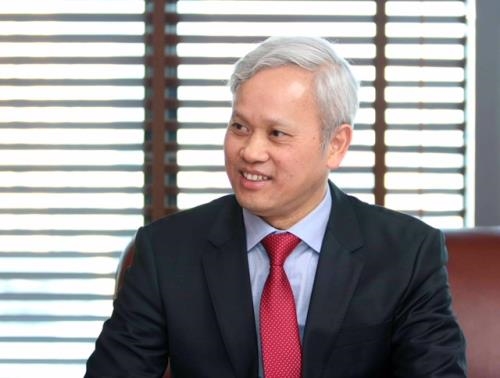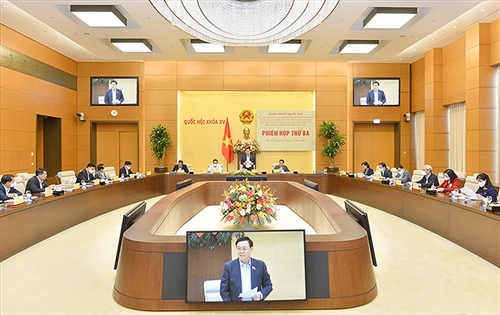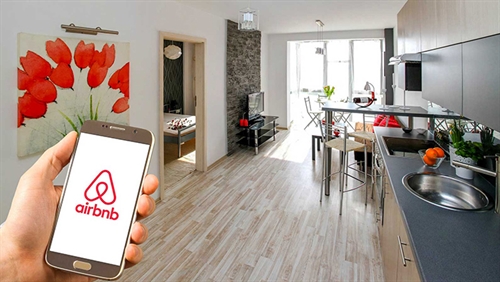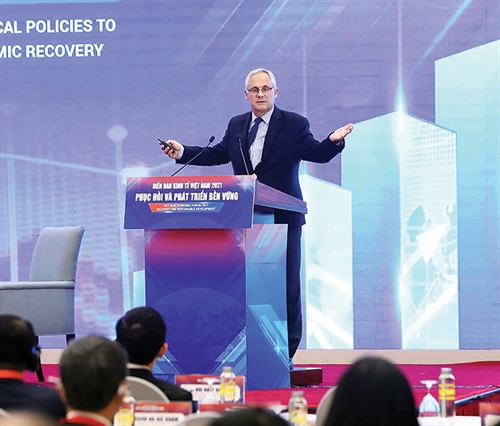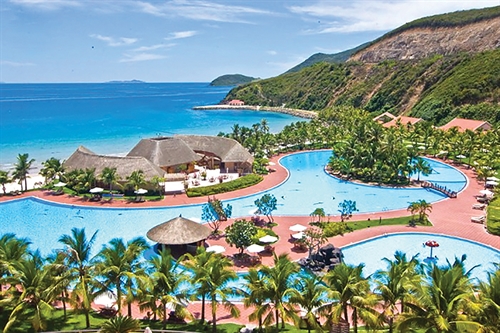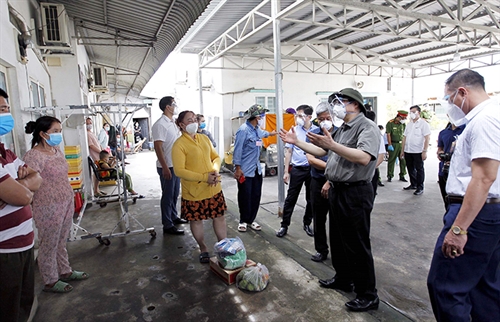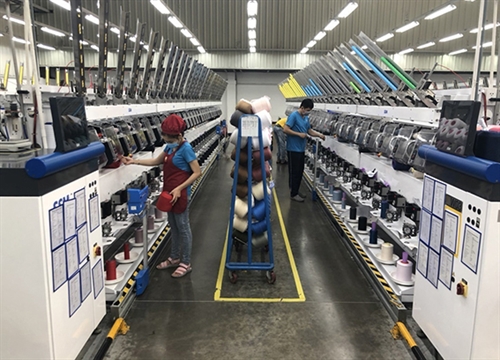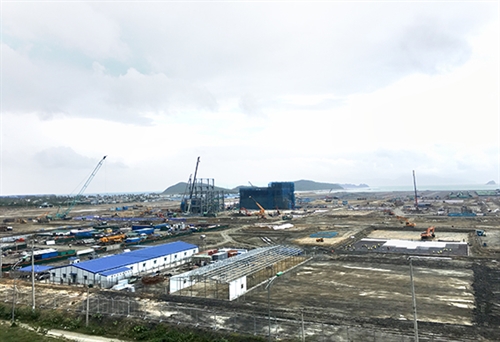Tourism real estate is regarded as a “magnet” luring foreign investors. However, legal issues regulating this type of immovable property remain problematic for investors during implementation of their projects in Vietnam. This article analyzes some limitations in legal provisions on tourism property and puts forward some recommendations for dealing with the shortcomings.
Nguyen Duc Tinh
Attorney-at-law, TTP Bengoshi Law Firm
As an inevitable part of the market economy, openness and integration, tourism real estate has gradually “penetrated” into the Vietnamese market. Tourism property products, on the one hand, have met the needs of travelers and, on the other hand, have become a “fertile land area” for investors to exploit and make profits. However, legal issues regarding this kind of property still pose numerous obstacles for investors implementing their projects in Vietnam. Our experience in providing counselling for foreign investors, especially Japanese investors, shows that the regulations on tourism real estate remain incomplete and inconsistent and do not keep up with the development of the real estate market. Such therefore inadvertently makes investors feel cautious and confusing when commercially operating tourism property projects as well as those who wish to own this kind of property.
Firstly, there is a lack of specific regulations on tourism real estate while this kind of property plays an increasingly important role in the real estate market in particular and the national economy in general. So far, there are no legal provisions providing definitions of tourism real estate and its products (condotel, shoptel, etc.), causing difficulties and confusion in law application. The current legal system only provides the concepts of real estate, houses, and non-residential construction works. Objectively speaking, tourism real estate is a broad concept covering not only matters directly related to its products, e.g., condotels, resort villas, etc., but also those concerning land use rights, construction regulations, fire prevention and fighting. For instance, although Article 48 of the 2017 Law on Tourism states that accommodation establishments include hotels, resort villas, condotels, tour cruises, guesthouses, homestays, campsites, and other tourist accommodation establishments, and Government Decree 168 of 2017 has conceptualized tourist villas and condotels, but in fact, such names as condotel, resort villa, shoptel, homestay, farmstay, etc., are commonly used as a habit by investors and customers but not yet specified under law. Meanwhile, the definition of “other types of accommodation establishments” itself as given in the Law on Tourism seems to be unclear. What are “other types of accommodation establishments” and what are the requirements and conditions for such accommodation establishments? These questions remain unanswered.Condotel Vinpearl Phu Quoc__Photo: vinpearlcondotel.com/
The definitions of tourism real estate and tourism real estate products have not yet been provided in legal documents such as the Law on Real Estate Business, the Construction Law, etc., resulting in the fact that though bearing particular characteristics, such products are generally understood and regulated by general provisions on non-residential construction works. With the market development trend, perhaps it is the right time for identifying and building a separate legal framework regulating tourism real estate. At the same time, it is required to work out specific regulations on the definitions and characteristics of tourism property and its products as a basis for establishing a legal corridor regulating this type of property, thus facilitating tourism real estate business activities under the State’s management and control.
Secondly, the form of real estate trading contract seems to have not caught up with the development of science and technology that permits the performance of transactions on digital platforms with a shorter time. Specifically, Article 17.2 of the Law on Real Estate Business says that real estate trading contracts must be made in paper form. This hinders the application of information technology to business activities, thus obstructing the entry into real estate transactions when the seller and the buyer for some reason, e.g., being far apart, are mostly impossible to sign contracts in paper form or have to spend too much time on this job. Therefore, it is proposed that smart contracts or blockchain-based contracts should be used instead of paper contracts. It is also a need to establish regulations ruling this type of contract to tackle limitations of conventional contracts as well as to create a legal mechanism for application of technologies to business activities.
Thirdly, it is about time to allow non-Vietnamese citizens to own tourism real estate products. According to current regulations, foreigners may only own houses, but not other types of real estate such as tourism real estate products, while they really have huge demands for such products. Objectively speaking, tourism real estate and houses are works constructed on land for accommodation purpose. The difference between them is that tourism property products are associated with tourism purposes, such as resort tourism, sightseeing, and accompanying utilities. Ignoring tourism-related factors, it is easy to recognize certain similarities between houses and tourism property. Therefore, if the Vietnamese State permits foreigners to own houses in the country, it should also allow them to buy tourism real estate products, of course, under certain conditions and separate regulations. At the same time, competent authorities should consider issuing regulations that aim to control the rate of holding houses and tourism real estate products of non-Vietnamese citizens so that they cannot own too many construction works, thus affecting property prices and property market security.
Fourthly, the instructions on land use regime and issuance of certificates of the rights to use land, houses and land-attached assets (also known as “red books”) for condotels and resort villas are available but just in the form of official letters other than legal documents, while shortcomings are still seen in the process of their implementation. Even, not a few local authorities still refuse to grant such certificates, causing difficulties to the investors implementing condotel projects as well as the property buyers. Whereas, the regulations on land use and issuance of red books for other products of tourism property remain unclear, unspecific, or in some cases are left unconsidered. This greatly affects investors and customers that wish to own tourism real estate products. For that reason, it is a need to issue a decree with detailed guidance on land use regime and issuance of red books for all types of tourism property.
In summary, tourism real estate remains a potential market that is attractive for many investors, especially after the resumption of tourist activities when the Covid-19 pandemic is put under control. This prompts functional authorities to complete regulations on tourism property so as to facilitate and control real estate business activities in the country.-

